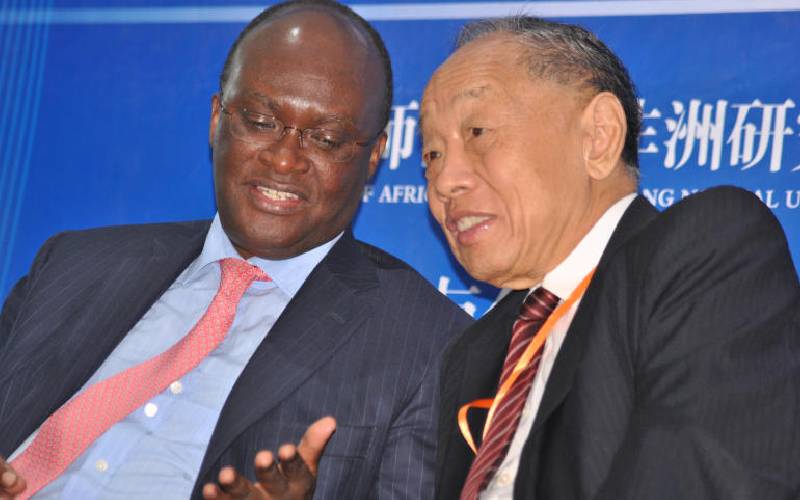
In the current heat of electoral hullabaloo, sidelining other important concerns, which are not as appealing as politicians insulting each other or making outrageous claims, is the norm.
Each camp has champions of political entertainment through insults and spreading rumours that are so ‘innocent’ that Dr Samuel Kobia’s NCIC has problems finding problems in their offending utterances. Additionally, some of those guilty of snide remarks have ‘untouchability’ privileges. In the process, other important things disappear into virtual invisibility.